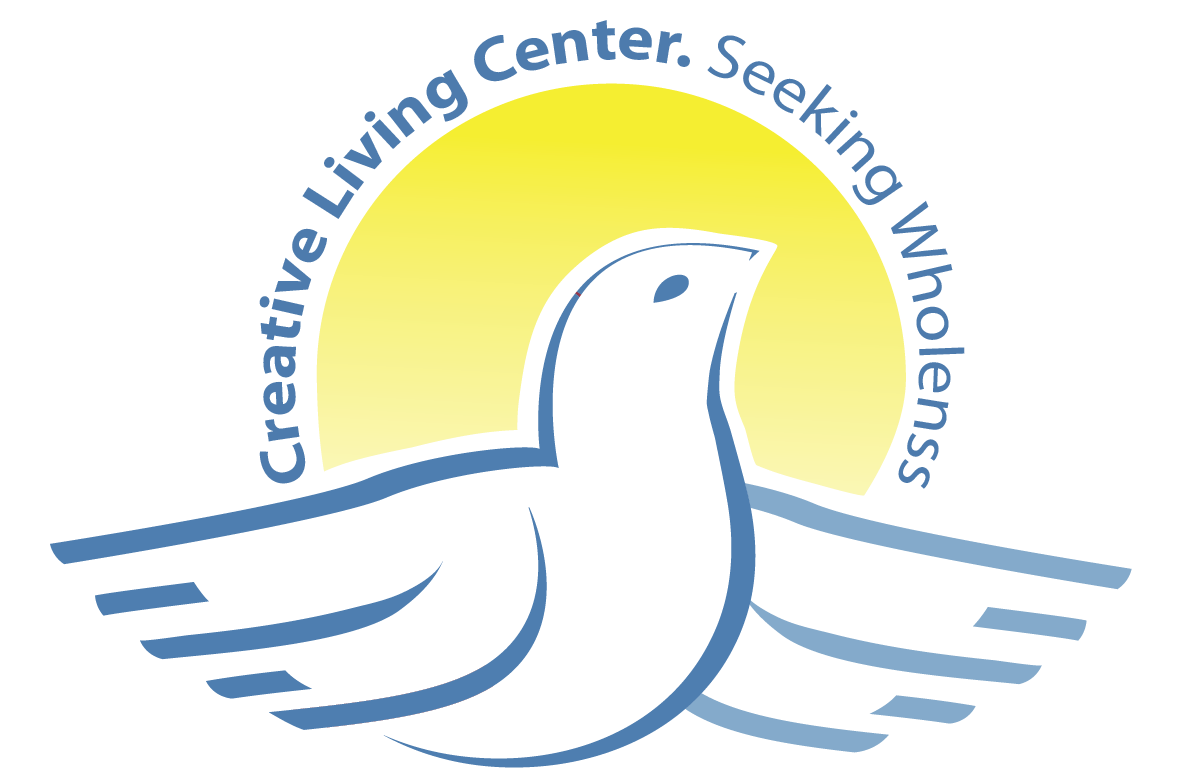Anxiety
When sudden feelings of tenseness, terror and pains pop up suddenly, it can feel paralyzing. Panic Attacks are can have a large effect on the lives of those they visit. Creative Living Center is here to help those who have been affected by, or have a historyof anxious feeling and/or behaviors including Panic Attacks.
Signs of a panic attack:
- Sudden excessive “racing” heartbeat
- Feeling weak dizzy or faint
- Feeling a sense of terror, sometimes feelings of impending doom or death
- Chills or sweat
- Chest pains
- Breathing difficulties
- Numbness or tingling in the hands and fingers
- Feeling as if all control has been lost
What to know about panic attacks:
- Panic attacks strike without warning
- They can occur during sleep
- People experiencing panic attacks may believe they are having a heart attack, or going crazy
- Levels of fear during a panic attack may be unrelated and out of proportion to the situation
- Panic attacks usually last less than 10 minutes, though symptoms may last for a longer time
- Those who have had one panic attack are at greater risk for having other panic attacks than those who have never had a panic attack
- People who have had repeated panic attacks and fear repeated panic attacks in the future may have panic disorder
- Panic disorder often develops in early adulthood
- Woman are twice as likely as men to develop panic disorder
- The fear and terror that a person experiences during a panic attack are not in proportion to the true situation and may be unrelated to what is happening
What to do when someone you know has a Panic Attack
- Keep calm and remain with the person
- If the person has a history of attacks and usually takes medicine during an attack offer this medicine to him or her
- Move the person to a quiet place
- Ask, rather than assuming what the person needs
- Speak in short, simple sentences
- Be predictable
- Ask the person to focus with small simple, physically tiring tasks like having him or her raise their arms over their head
- Help slow down breathing by counting slowly to 10
What do say to those who are having a Panic Attack
- "You can get through this."
- "I am proud of you. Good job."
- "Tell me what you need now."
- "Concentrate on your breathing. Stay in the present."
- "It's not the place that is bothering you; it's the thought."
- "What you are feeling is scary, but it is not dangerous."
Life situations that can affect Panic Attacks
The cause of panic attacks are not known. However there are some things that may affect the likely hood of a panic attack.
- Depression or another mood disorder
- Alcohol abuse
- Large quantities of nicotine or caffeine
- Regular use of certain medicines, for example, those used to treat asthma and heart problems
- Use of illegal drugs
- Living with high levels of stress for a long time

